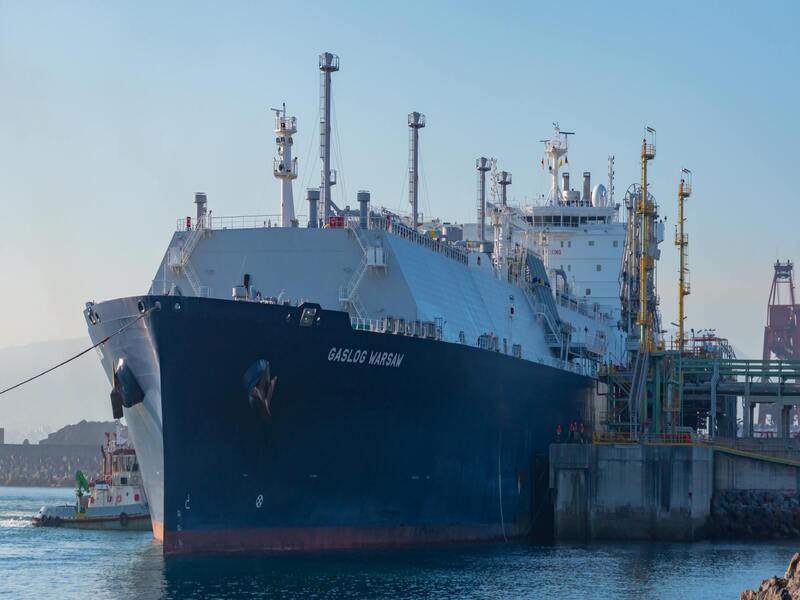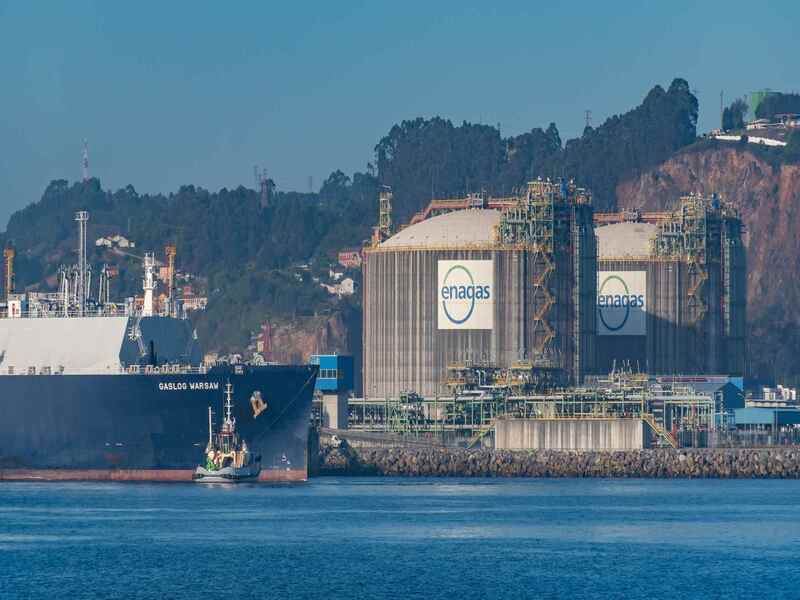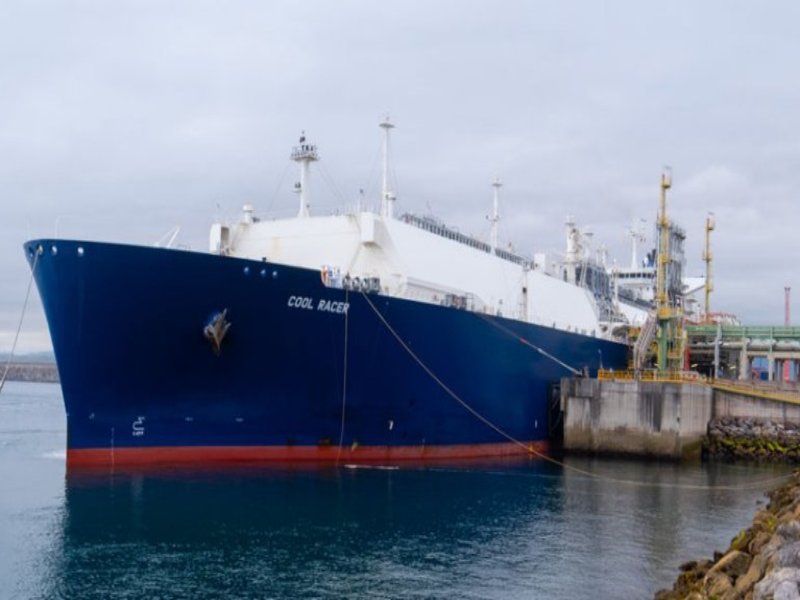The El Musel LNG terminal is an operational liquefied natural gas (LNG) terminal located in Cantabrian basin, Gijón, Spain.
In 2006, Enagás, a Spanish energy company and European transmission system operator (TSO), won a tender from the Spanish Directorate-General for Energy Policy and Mines to build the regasification plant at the El Musel port.
At the time of announcement, Enagás said that it would invest €375m to build new infrastructure for the facility.
Construction of the project started in 2009 and was completed in 2012. However, the terminal did not become operational at that time; it was mothballed and entered a period of hibernation due to insufficient gas demand.
Project Gallery
In February 2023, the plant received approval from the National Commission on Markets and Competition (CNMC) for the special economic regime for its logistical use. This was followed by the Administrative Authorisation from the Ministry for the Ecological Transition and the Demographic Challenge in June 2023.
The terminal is designed to receive LNG via carrier and store it in above ground full-containment tanks.
In July 2023, the LNG terminal received two ships, the ‘Cool Racer’ and ‘Dorado LNG’, each with a capacity of 174,000 m3, as a necessary technical precursor to the commercial commissioning of the facility.
In August 2023, the project received its first commercial ship in the form of the 180,000m3 capacity ‘Gaslog Warsaw’ following the final technical tests.
Ownership Details
In February 2023, Enagás signed an agreement to acquire a network of 130km of natural gas pipelines from Reganosa for €54m.
Under the transaction, Reganosa purchased a 25% stake in the El Musel plant for €95m.
Following the completion of the deal in September 2023, Enagás and Reganosa own 75% and 25% interests in the El Musel LNG terminal, respectively.
The El Musel regasification plant was also renamed as Musel E-Hub.
El Musel LNG Terminal Details
The LNG terminal was built on an area of 18 hectares (45 acres) of the El Musel port.
The project features a quay enabling it to operate two ships simultaneously. The facility will allow the docking of vessels between 50,000 and 266,000 m3.
Additionally, El Musel terminal has two tanks with 150,000 m3 LNG storage capacity each, two tanker loading bays with the capacity to load a maximum of 9GWh/d. It will have regasification send-out capacity of 800,000 Nm3/h.
The unloading arms are capable of discharging 18,000 cubic metres per hour.
It also features an automated system for tank truck loading to properly transport LNG. The project can load up to 30 trucks per day.
Other associated systems are for fuel gas, nitrogen, compressed air, seawater, plant water, fire protection, emergency diesel, and LNG leakage collection.
According to Enagás, the terminal will add up to 8 billion cubic metres (bcm) of LNG capacity per year to energy supplies in Europe.
Apart from export, the terminal will supply natural gas to combined-cycle power plants in the region.
At peak construction phase, the project involved 500 local workers.
Operations
The logistics services offered at the El Musel facility include are unloading, storage and loading of LNG.
The unloading process comprises a series of crucial tasks including access and safe anchoring of the vessel to the berth, connection and tightness tests, connection of the LNG transfer arms, cooling of the unloading arms and other equipment, and flow of the LNG to the tanks.
The loading arms will be safely disconnected after unloading.
Initially, liquid nitrogen cooling of the infrastructure is done before the vessel's arrival as part of the standard technical process. LNG from the vessel unloading replaces the inert gas (nitrogen) inside the tanks.
As a result, the tanks are gradually cooled to cryogenic temperatures, and LNG can be stored when the temperature reaches -160°C.
The LNG gradually displaces nitrogen and eventually becomes the only liquid in LNG storage tanks.
Contractors Involved
US-based engineering and construction firm Fluor won the contract for detailed engineering, procurement services, and construction management services of the El Musel LNG terminal. The works were carried out over five years.
MONTREL industrial group was engaged to undertake the design, computer engineering, instrumentation and mechanics for the tank truck loading terminal with automatic weight control.
The scope of work included basic and detailed loading system, piping Skid, an overall automation of the loading system with process control and production of administrative documentation.
In July 2023, Enagás awarded Spanish multinational electric utility company Endesa the contract for logistics services at the El Musel plant.



